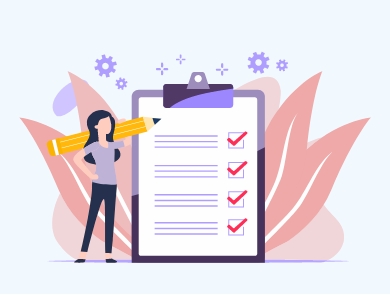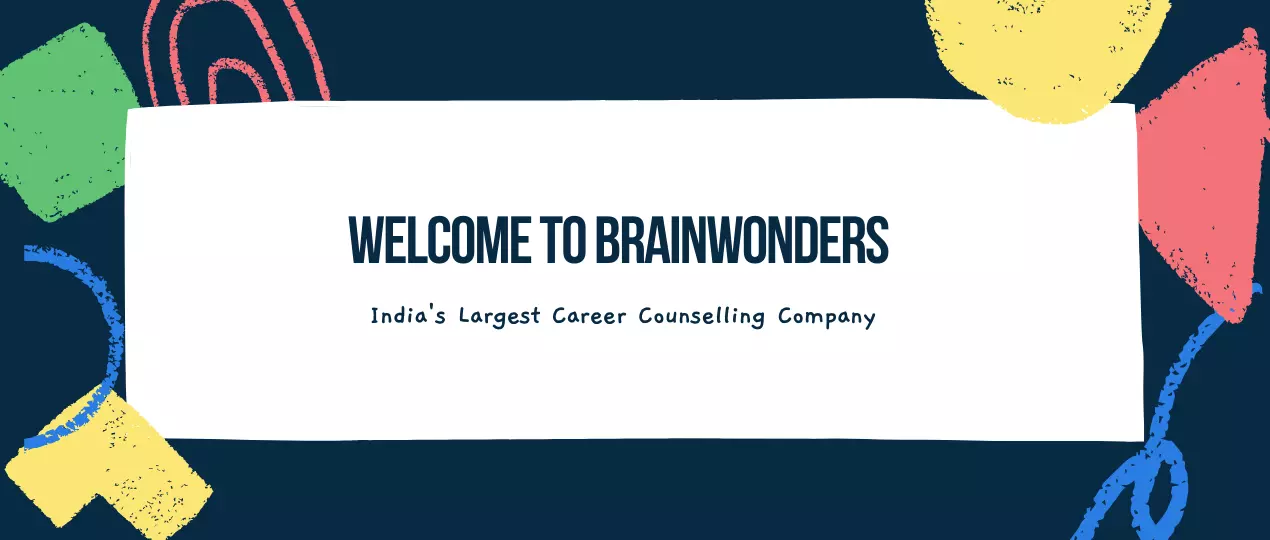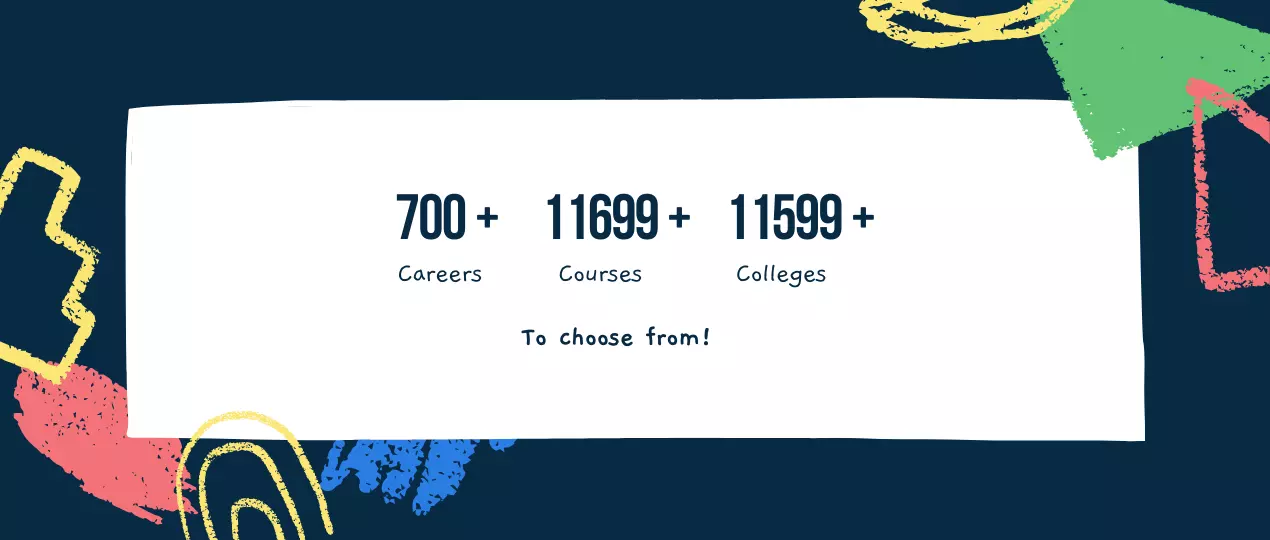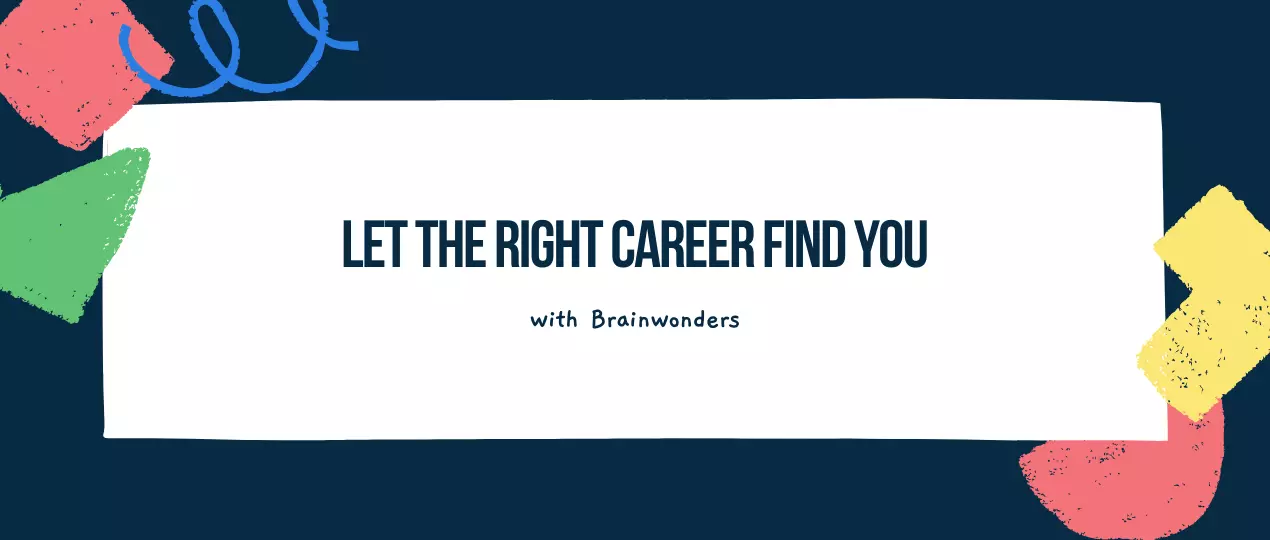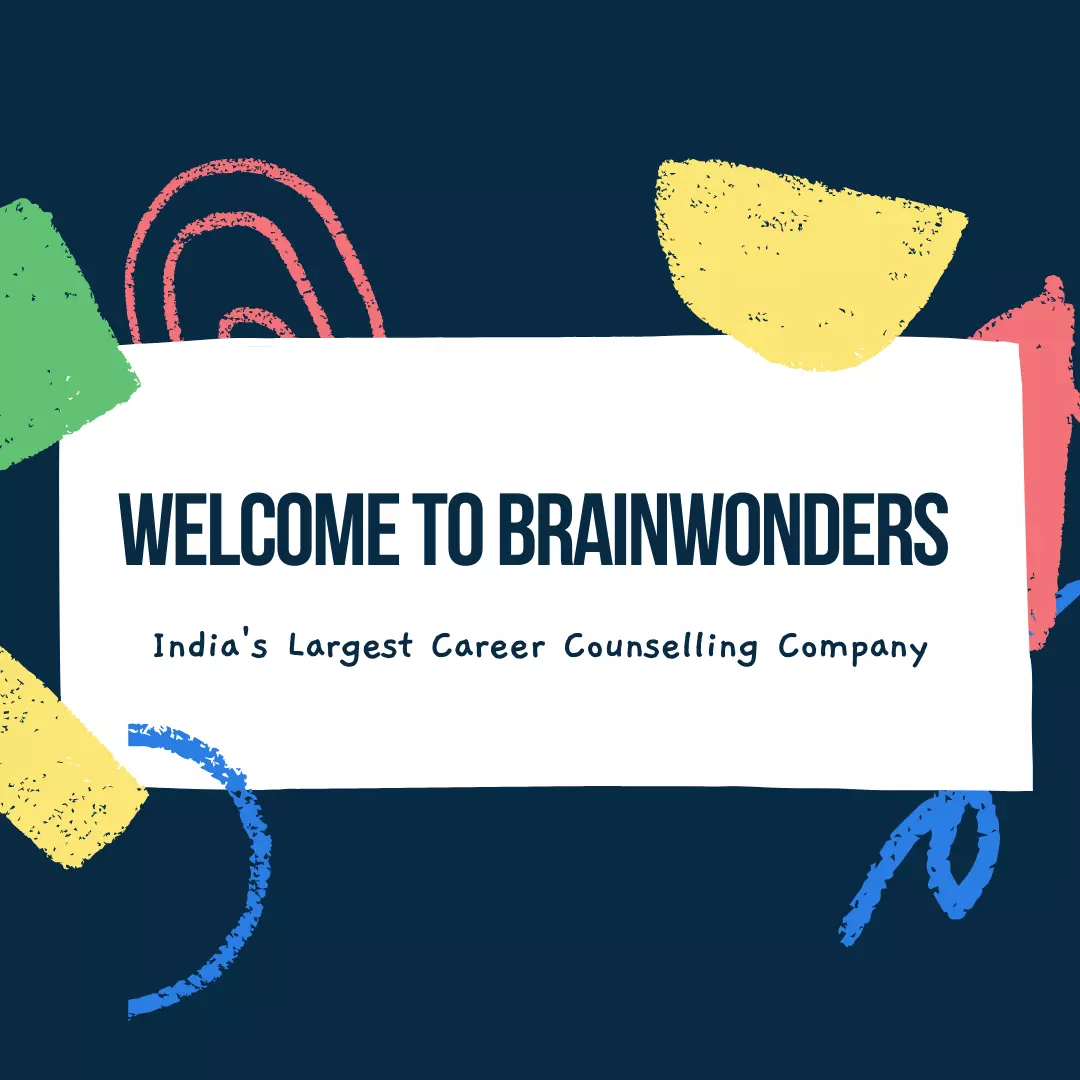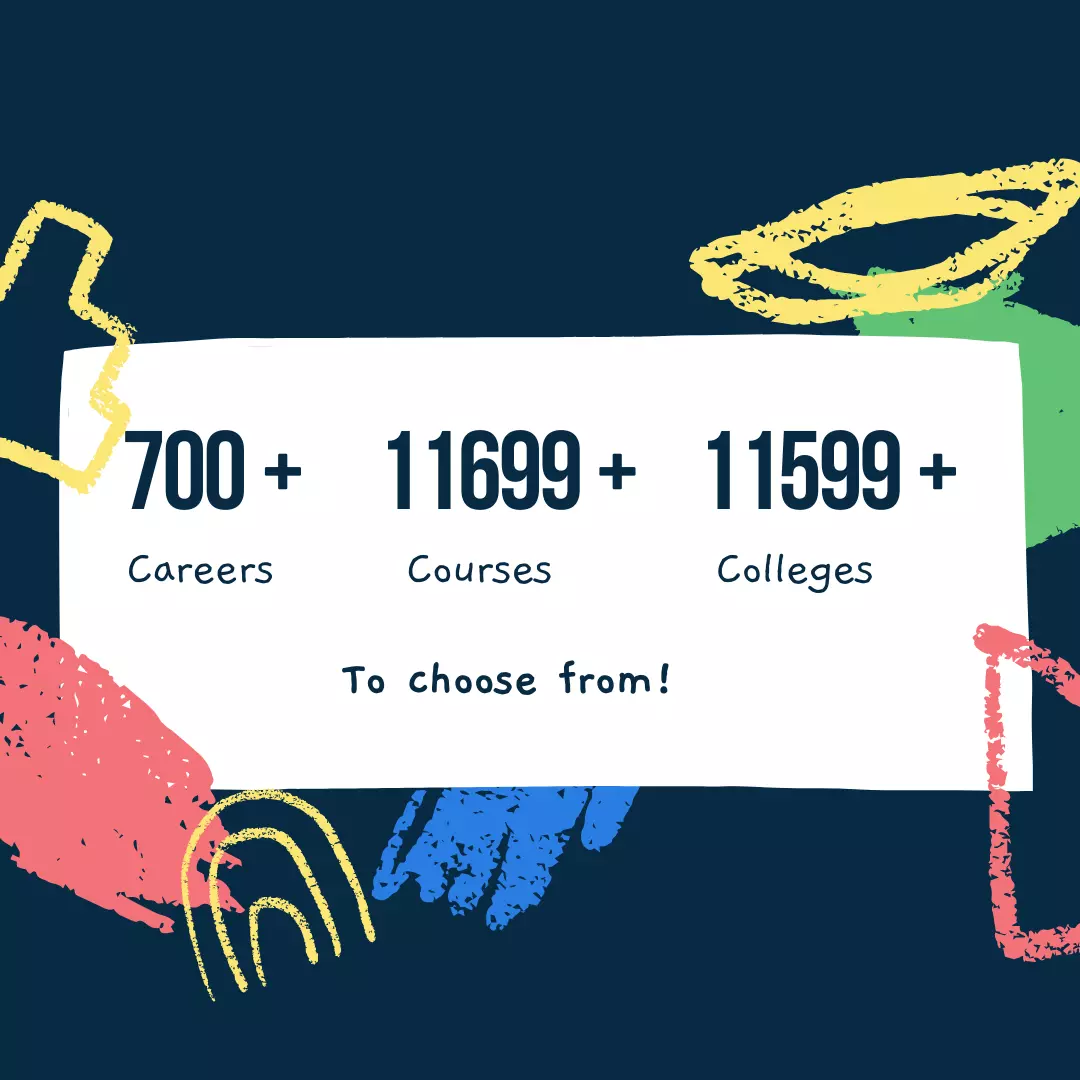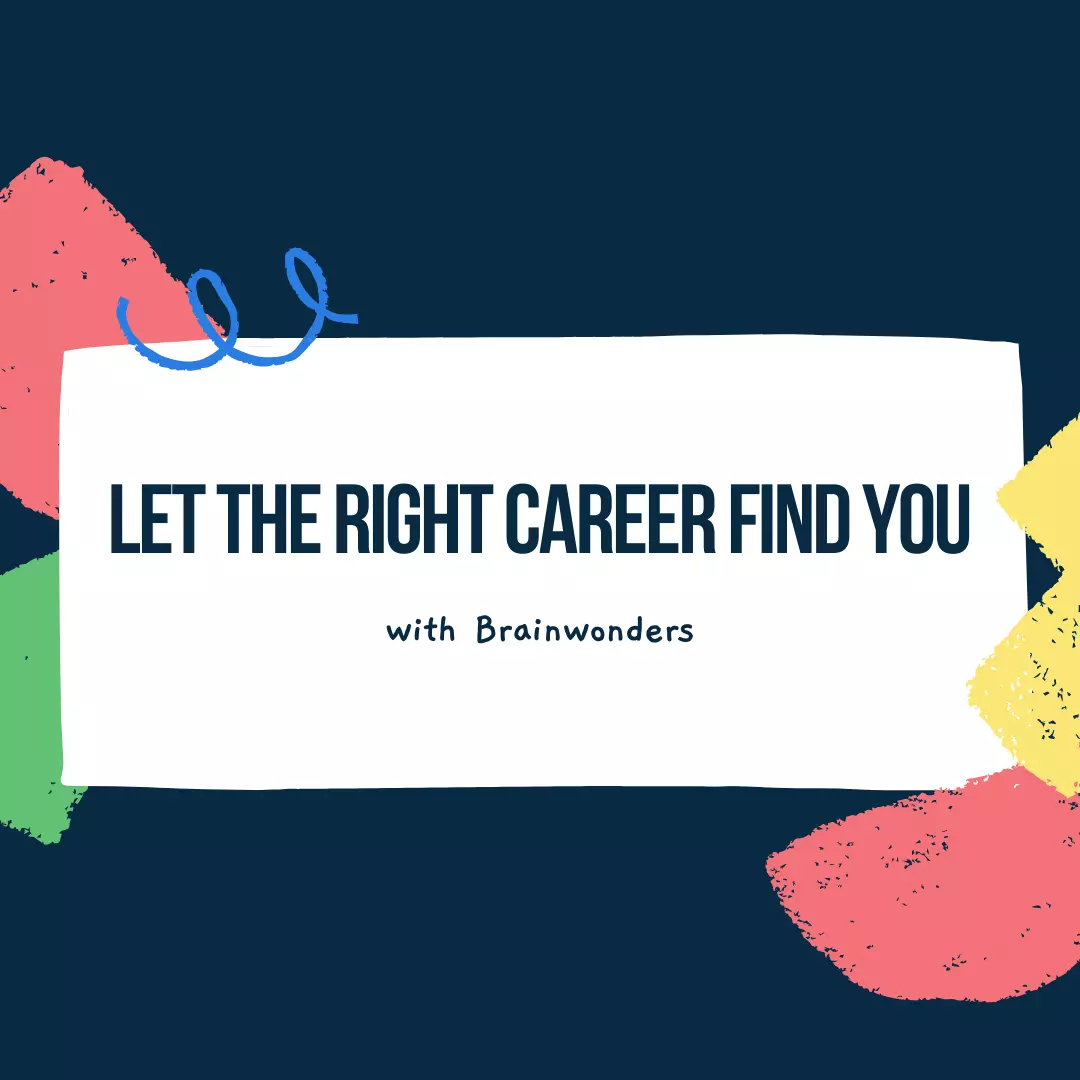It determines the skills, capabilities and more that are possessed by the individual.
Personality tests are trending now as it is easily accessible for anyone who is a bit technology savvy. Anyone can take these personality tests, be it kids, students or adults. A Personality Test usually assesses the core personality traits that a person possesses. This is an assessment that usually has consistent results across various scenarios.
We always state that a specific person has a good personality or that our personality matches our work etc. But what is personality? Personality consists of behaviour, thoughts and feelings that make an individual unique from others. Usually, the personality of a person remains the same throughout their life. Gorden Allport (1961) defined personality as "Personality is the dynamic organization within the individual of those psychophysical systems that determine his characteristic behaviour and thought".
A Personality Test is often used to understand oneself, but it is also pivotal for understanding the people around them and their situations. Apart from personal analysis, a personality test also caters to a SWOT analysis.
What is SWOT Analysis?
Individuals use SWOT to understand Strengths, Weaknesses, Opportunities and Threats. The time-proven SWOT technique has its roots in the Corporate world. Companies often look at the strengths and weaknesses of their team and develop them accordingly. Nowadays, individuals often use it for personal growth and to note their strengths, weaknesses, opportunities and threats, which can follow a career choice. Thus, SWOT Analysis, in combination with Personality Tests, helps individuals explore their traits and qualities while helping them make better Career choices.
Myers–Briggs Type Indicator (MBTI)
The MBTI is a personality test based on Jung's (1921/1971) theory that assigns people to one of 16 personality types, derived from a combination of four binary attitudes or functional styles: Extraversion–Introversion, Judgment–Perception, Thinking–Feeling, and Sensing–Intuition.
The goal of Isabel Briggs Myers and her mother, Katharine Briggs, in inventing the Myers-Briggs Type Indicator was to make type theory insights accessible to people and communities. In the creation and implementation of the MBTI instrument, they addressed two linked goals:
- The identification of each of Jung's four dichotomies' essential preferences, either explicitly or implicitly.
- The discovery and description of 16 unique personality types that emerge through interactions between preferences."
Characteristics of the Personality Test
The Personality Test maps one's traits across various domains based to align with their personality type and characteristics:
- Guardians:
- They do the right thing as per convention
- Rationals:
- They do whatever works for the results
- Idealists:
- They do what should be done as per expectations
- Artisans:
- They do things by exploring possibilities
The test measures one's emotional orientation, thinking style, primary concerns, and preferred lifestyle.
The first personality test was developed in the early 1920s to screen out soldiers and select who was fit for the war, as World War 1 left a lot of soldiers with PTSD. Famous personality tests such as the Minnesota Multiphasic Personality inventory, 16 Personality Test, Myers- Briggs Type Indicator, NEO Personality Inventory, etc., were invented to revise the personality test.
Many types of personality assessments are used in daily life by organisations, schools, hospitals, government agencies, etcetera, to evaluate the individual's innate traits.
In today's world, most organisations, be it from any industry, make sure that they give their employees a personality test and understand the innate characteristics that will help them understand the stronghold of the employee and, therefore, which department he should be working in.
Personality tests also help the individual to understand and choose their career. Certain personality types go well with specific jobs. Thus taking a personality test will help the individual understand what career they should choose.
PERSONALITY TEST FOR Children (5-11 years)
 |
| Academic management |
| Mapping and using a learning process for the child using a blend of suitable learning environments and strategies. |
 |
| Understanding the child |
| Parents understand and regulate the child’s unexpressed emotions and thoughts. |
 |
| Self-esteem |
| Nurturing a child based on their personality ensures that the child develops healthy behaviour and coping mechanisms. |
 |
| Parent-child relationship |
| Numerous scientific studies state that a personality profile of the child boosts the parents’ efforts to form a warm and trustworthy relationship. |
 |
| Social development |
| As the environment plays a key role in shaping experiences and the child’s characteristics, personality analysis is very useful to mould the social behaviour effectively. |
 |
| School selection |
| The personality test helps in identifying an educational environment which will bring out the best in the child. |
PERSONALITY TEST FOR High School Teenagers (12-18 years)
 |
| Career management |
| Long-term satisfaction in a career relies on the person’s personality traits on the basis of strengths and weaknesses in different subjects or courses. |
 |
| Dealing with Peer Pressure |
| Understanding one’s personal thought and emotional profile is helpful in identifying and working through any unhealthy social influences. |
 |
| Self-confidence and motivation |
| As this age is filled with life-altering decisions, knowing the student’s thoughts and behaviour helps one to be inspired and focussed. |
 |
| Preparation for professional future |
| Because one clearly identifies the ideal career options, it is easier to set goals and targets to move towards the same in a productive way. |
 |
| Extracurricular development |
| Hobbies and recreation help in developing a stress-free and high performance individual with good social skill- the test result outlines the time and energy to be dedicated to pursuing suitable activities. |
 |
| Board exams and academic performance |
| Whether it is the 10th standard board exams or the 12th board results- the personality test helps in identifying the right study methods to improve the child’s academic performance in any exam. |
PERSONALITY TEST FOR Adults and Corporates (18+)
 |
| Recruiting the right candidate |
| The personality traits of the candidate help in identifying their thoughts, behaviour, ethical orientation and several professionally desirable traits like commitment and dedication. |
 |
| Improved Relationships |
| Knowing the personality characteristics of oneself or those around improves communication, adaptability and cooperation which vastly enhance the quality of any relationship and resolves any conflicts. |
 |
| Matching the candidate to the job |
| As the personality test also lists out the ideal career profiles for an employee, the employer can utilise and maximise the talent of the several team members by giving them suitable opportunities in a specific field. |
 |
| Leadership and soft skills |
| Any company in any field move forwards with good leaders. Even traits like creativity, pragmatism, cooperation are desirable. Thus, a personality test profile comes in handy to select and cultivate future leaders. |
 |
| Team building and conflict management |
| Knowing the various traits and characteristics via a personality test helps the employer to blend the people with complimentary traits and create an all-star workforce which pushes growth. |
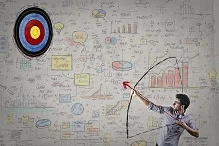 |
| Long-term career success |
| Attrition is a big challenge for any corporate firm. Any working adult also looks for consistency in any job they take up. Thus, the test helps both the employer and the employee to mutually work together. |
HOW TO TAKE AN PERSONALITY TEST?
The personality test can be taken by anyone online or offline in four simple steps:
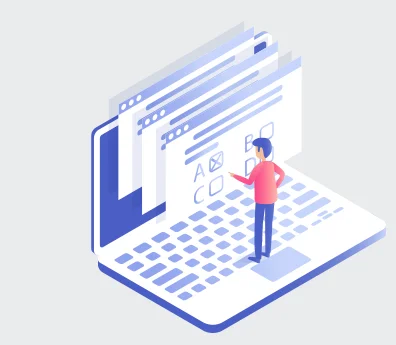 |
| 1. Registration and Test-Taking |
| The Brainwonders Goa Personality test is in a multiple choice format and is timed (online or offline). |
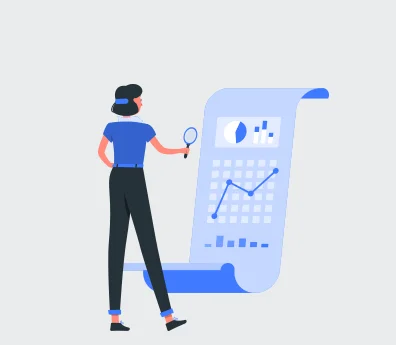 |
| 2. Evaluation |
| As an objective test, the inputs of the clients are scored using standardized key. |
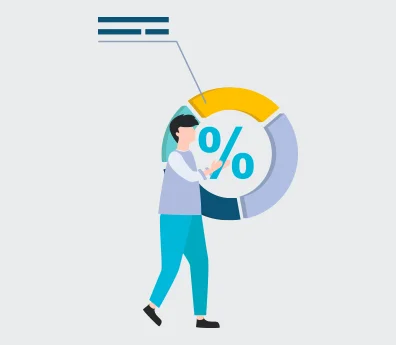 |
| 3. Interpretation & Report |
| A complete report is generated and compiled. |
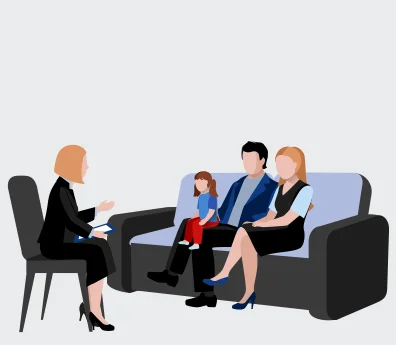 |
| 4. Career Counselling |
| The counsellor personally explains the results keeping in mind the subjective needs of the client and further adds certain points of development. |

